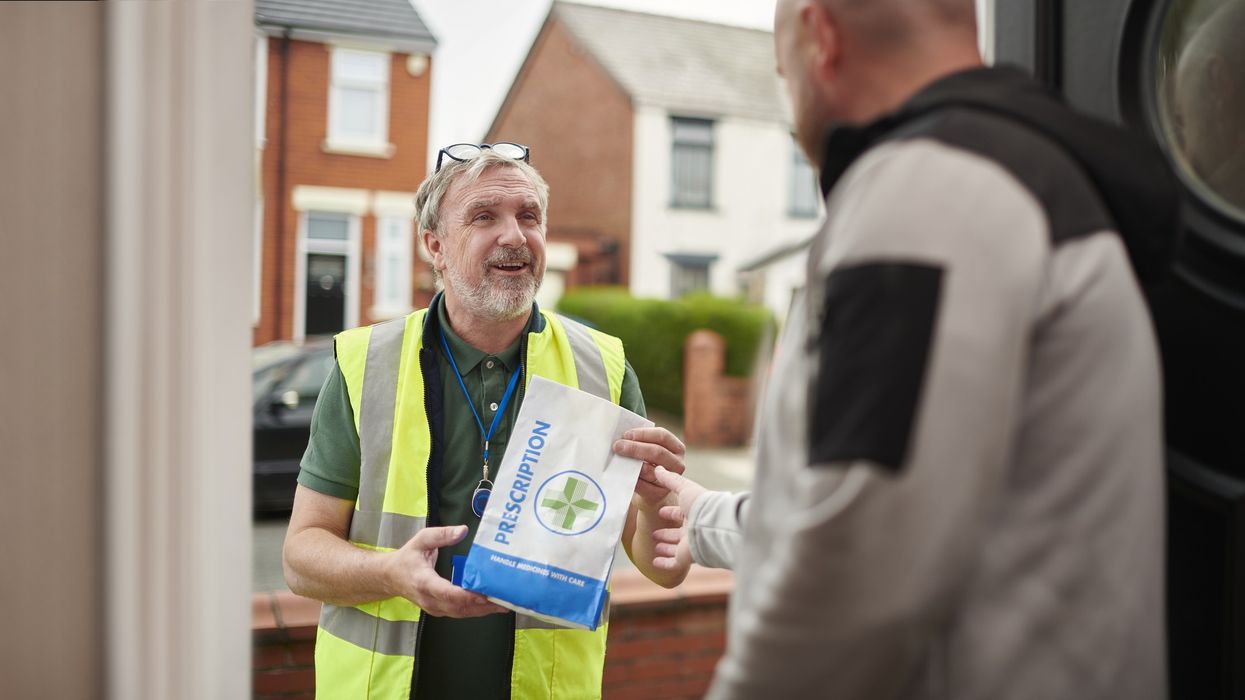In the last number of years, there has been a steady increase in the number of businesses that have begun to implement a delivery charge onto their products. Post-covid it has become established practice for grocery deliveries.
For the most part, companies themselves, or indeed courier services like Deliveroo and UberEats have told customers the transaction would cost extra if they wanted it delivered to their door and millions have accepted and embraced this.
It is now time for pharmacies in England to review the deliveries that they make, it simply isn’t viable given current funding constraints for pharmacy to continue to deliver medication at its own cost.
Of course, housebound vulnerable patients would see no change to the service offered to them, delivery would remain free for these patients.
Many non-vulnerable patients are currently benefitting from home delivery purely for convenience. There is consistent pressure being faced by many English contractors with four in ten adults admitting they want to use a delivery service for their prescriptions.
Whilst pharmacy would offer the service to the majority if finances allowed this isn’t sustainable in 2025 - free delivery has proven to be an unsustainable model and should be reconsidered. Although financial constraints are the critical issue, there are of course many other benefits that patients can obtain by visiting their local pharmacy. More services are now available, including Pharmacy First and this trend is set to continue.
There is an annual shortfall of over £750 million in pharmacy funding in England - an equivalent of around £67,000 per annum for each pharmacy in the country. Reducing delivery costs or at least recouping the cost of delivery would really help the sector.
In the modern day, consumers will opt to pay upwards of £2.50 to have a Starbucks delivered or as much as £7 to get meals or a full shop to their door. Even a priority ticket for a concert costs more than an average seat, with an extra additional cost added to deliver the tickets to your door.
Pharmacy should also begin to look at this re-modeling of a price structure towards aiding both businesses and consumers.
There are a variety of delivery charging options that could be considered, ranging from a set price single delivery to a monthly, quarterly or annual charge. A considered charge of a few pounds to make sure that non-vulnerable people can still receive their medication to their door but allow for the pressure to be removed from struggling pharmacies seems a reasonable approach.
The small additional cost to patients would not alter the service that they receive but would offer a chance for some breathing room for pharmacies. Of course, the prescription is always available to collect from the pharmacy without a delivery charge.
Some pharmacies have already begun to charge patients with others offering an express delivery service available for £6.25 on particular services including Online Doctor.
It could be one of the most logical ways forward to continue to allow pharmacies to operate without severe loss year on year, threatening the closure of vital services in local communities which are required and valued by thousands of people across the country.
Unless the Government opts to intervene and aid pharmacies, it seems that many operators will be left to find their own way of continuing to operate at a sustainable level.
I implore pharmacy contractors to review the number of free deliveries they make to any non-vulnerable patients, it’s a cost that the sector can no longer afford.
Jeremy Meader is the Chief Wholesale Officer of Bestway Healthcare, overseeing brands such as Lexon, Wardles, and Bestway Medhub. Jeremy has over 25 years of experience in the UK pharmaceutical sector, and has worked in executive roles across the industry.













